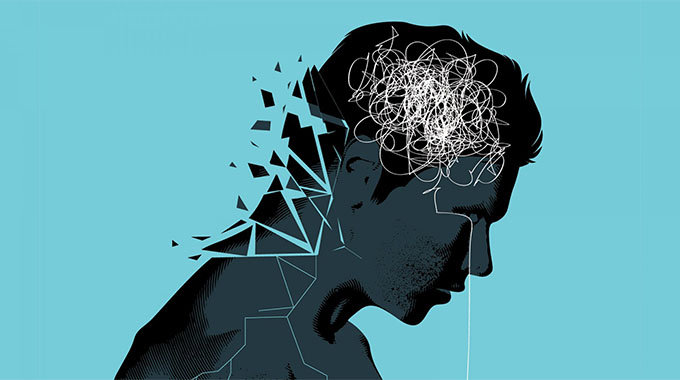Movember!

Dr Tatenda Simango
I hope I find you well and in good health.
This is the month of November, coined Movember, where we are focusing on mental health and suicide prevention, prostate cancer and testicular cancer. This is an annual event involving the growing of moustaches during the month of November to raise awareness of men’s health issues.
Movember aims to increase early cancer detection, diagnosis and effective treatments which and ultimately reduces the number of preventable deaths.
Movember Foundation encourages men to be aware of family history of cancer and to adopt a healthier lifestyle.
Testicular cancer is not a common cancer, and when it does occur, it can be picked up at early stages and cured.
Testicular cancer is more common in white men than in black men.
Symptoms of testicular cancer may include:
· A painless lump or swelling on either testicle. If found early, a testicular tumor may be about the size of a pea or a marble, but it can grow much larger,
· Pain, discomfort, or numbness in a testicle or the scrotum, with or without swelling,
· Change in the way a testicle feels or a feeling of heaviness in the scrotum. For example, one testicle may become firmer than the other testicle or testicular cancer may cause the testicle to grow bigger or to become smaller,
· Dull ache in the lower abdomen or groin,
· Sudden build-up of fluid in the scrotum,
· Although rare, some testicular tumors make hormones that cause breast tenderness or growth of breast tissue, a condition called gynecomastia,
· Lower back pain, shortness of breath, chest pain, and bloody sputum or phlegm can be symptoms of later-stage testicular cancer.
We will move on to prostate cancer which has the following symptoms; Sensation of not emptying your bladder completely after you finished urinating. Questions that should be answered that may be in line with prostate cancer include;
· Sensation to urinate again less than 2 h after you finished urinating?
· Have you found you stopped and started again several times when you urinated?
· Difficult to postpone urination?
· Have you had a weak urinary stream?
· Having to push or strain to begin urination?
· How many times did you most typically get up to urinate from the time you went to bed at night until the time you got up in the morning?
The last angle that the Movember movement looks at is suicide in men. Males have a much higher rate of suicides.
The challenges represented by social stigma to openly discuss suicide makes the awareness necessary.
Gender roles (masculinity) tend to emphasise greater levels of strength, independence, risk-taking behaviour, economic status, and individualism.
This makes it difficult for man to express his feelings and fears openly which will ultimately disturb the mental health balance.
Reinforcement of this gender role often prevents males from seeking help for suicidal feelings and depression. Males’ vulnerability may be heightened during times of unemployment because of societal expectations that males should provide for themselves and their families.
Males frequently complete suicide via high mortality actions such as hanging, carbon-monoxide poisoning, and firearms.
Common causes or risk factors of suicide in males include;
· the breakdown of a relationship,
· financial or legal issues,
· conflict with family or friends,
· the illness or death of a family member,
· loneliness,
· being single,
· retirement,
· unemployment,
· a personal history of suicide attempts,
· having a mental health disorder, such as depression or bipolar disorder,
· alcohol and drug misuse or abuse,
· a family history of mental illness, suicide, or substance abuse,
· extreme mood swings.
Signs that one is considering committing suicide include;
· talking about suicide, death, or dying,
· an increased use of alcohol or drugs,
· changes to a person’s eating or sleeping habits or other aspects of their usual routine,
· changes in personality, such as severe anxiety or feelings of hopelessness,
· isolating oneself from others,
· engaging in risky behaviors,
· acquiring a firearm or other means to die by suicide,
· giving away money or belongings,
· saying goodbye to people as if they will not see them again.
Individuals who are not at immediate risk of suicide but are having thoughts of taking their own life should talk to someone, such as a:
· trusted friend or family member, doctor, mental health professional, minister or other spiritual leader.
Those who have a loved one who displays signs of suicidal thoughts or behaviours can help by: asking the person if they are thinking about suicide, listening to them without minimising their concerns, sharing their own concerns with the person, encouraging and supporting them to seek professional help, offering to accompany them to treatment, trying to remove firearms and other means of suicide from their possession, checking in with them regularly to see how they are.
Till next week, please remember to practice covid-19 prevention methods; Mask up, Physical distancing, Hand hygiene.
Dr Tatenda Simango can be contacted on [email protected] Book an appointment on <https://9thavenuesurgery.











Comments